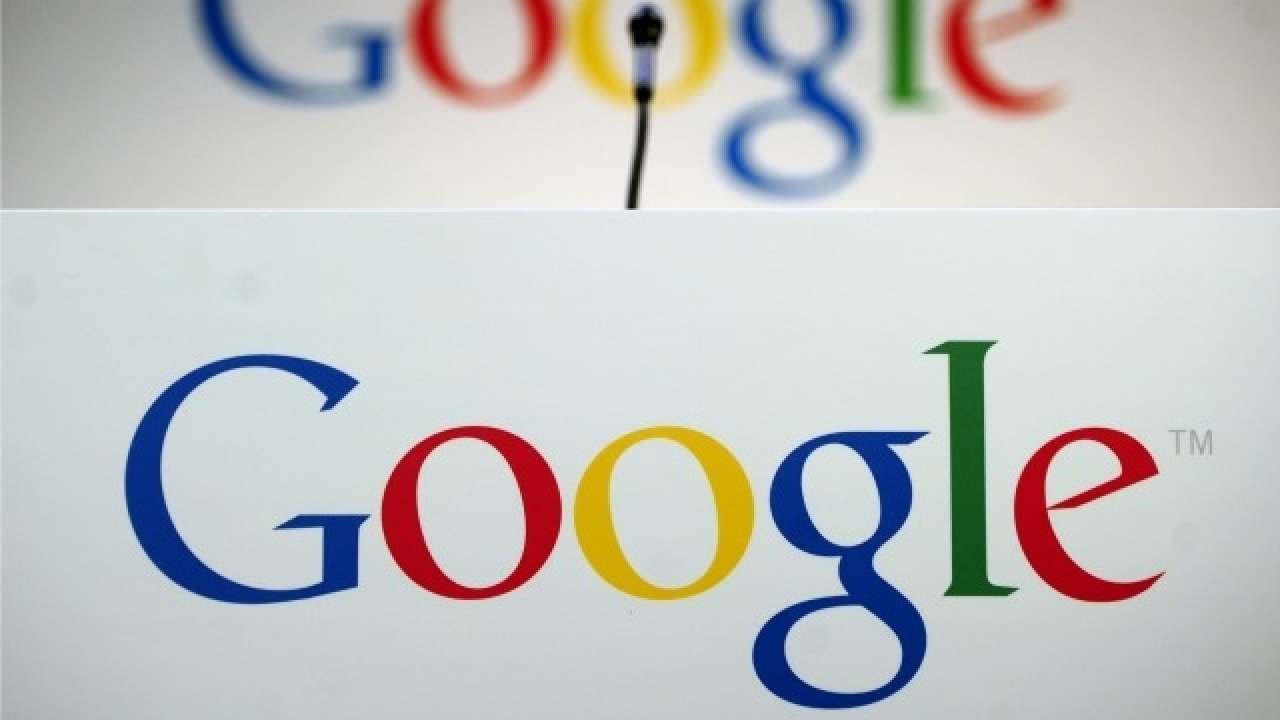
Last week Google entered into a deal with Getty Images and settled an ongoing litigation between them primarily regarding the use of images easily available on Google while surfing for any information. Google has accepted to remove the ‘View Image’ button, a link which easily allowed the users to click on an image and download it without leaving the Google page or without visiting the hosting website displaying the image.
Getty Images is a stock photo agency which makes money by selling the copyright in photographs it owns or by licensing the usage of such photographs. Over the years Getty Images has managed to have a huge collection of photographs and videos both by engaging photographers and also by using easily available photos related to history, nature, events, etc. It has on several occasions found itself on the wrong side of the law as it has been charged with infringement of copyright. Most of such cases have been settled by making a one-time lump sum payment to the complainant.
Now it has been the turn of Getty Images to test the legal framework available in the United States and the European Union to protect its own intellectual property – copyright in images. Google has, in the recent past, being embroiled in a number of legal issues in several jurisdictions of the world particularly for privacy and personal rights, improper and illegal data collection, sharing of data without authority for consideration, abusing its dominant position in the market, etc. The last thing Google would have liked at this stage was to continue with uncertain litigation with Getty.
Getty Images had filed a competition law related case in the European Union accusing Google of using its image scraping techniques to display image search results. This is nothing new as for the last several years since the technology service providers have started creating platforms for making content easily available, there have been in general accusations made by content providers – music, films, literature, images, etc – that the technology companies are more inclined not to pay attention to copyright issues and are more than willing to allow any user to exploit the content available on their platforms. Despite several complaints and court cases from content creators, tech companies have been taking shelter under the legislative framework – the Digital Millennium Copyright Act – which allows them to extend the services provided by the ever-evolving technology.
It has always been found very difficult – if not impossible – to police the content by the technology companies, and, thus, these companies have been strategically arguing that the onus of pointing out the instances of copyright violation lies on the content providers, and once they notify the technology companies about such an infringement, it is the duty of such a company to take corrective measures which include immediate takedown of the disputed material. However, identical or similar material can easily be uploaded again by different users and it is truly burdensome for the copyright owner to keep sending such notices perpetually to the technology service provider.
The business decision made by Google to settle the matter makes sense as the bargaining power of Google, though extremely high, gets somewhat eroded due to the strict legal enforcement in the United States and the European Union. Court decisions have not been quite favourable for Google. Even in India it had to face a penalty of less than US$ 20 million – quantum itself does not signify the importance of the decision in India – with a legal possibility of appealing the decision in a higher judicial forum.
Google has, on the other hand, successfully settled the matter with Uber regarding the confidential information for driverless car technology. It has been a season of settlements, and, amicable settlements between disputing parties is a sure sign of highly evolved jurisdictions as the parties do not wish to remain living in high levels of uncertainty coupled with the threat of exemplary damages.
The Indian legal environment for business somehow does not provide for exemplary damages – though the black letter law nowhere bars it – and most of businesses continue testing the stretchable legal periphery without really bothering about the consequences of final decisions. Speedier decisions with realistic damages will surely do some good for businesses in the country.